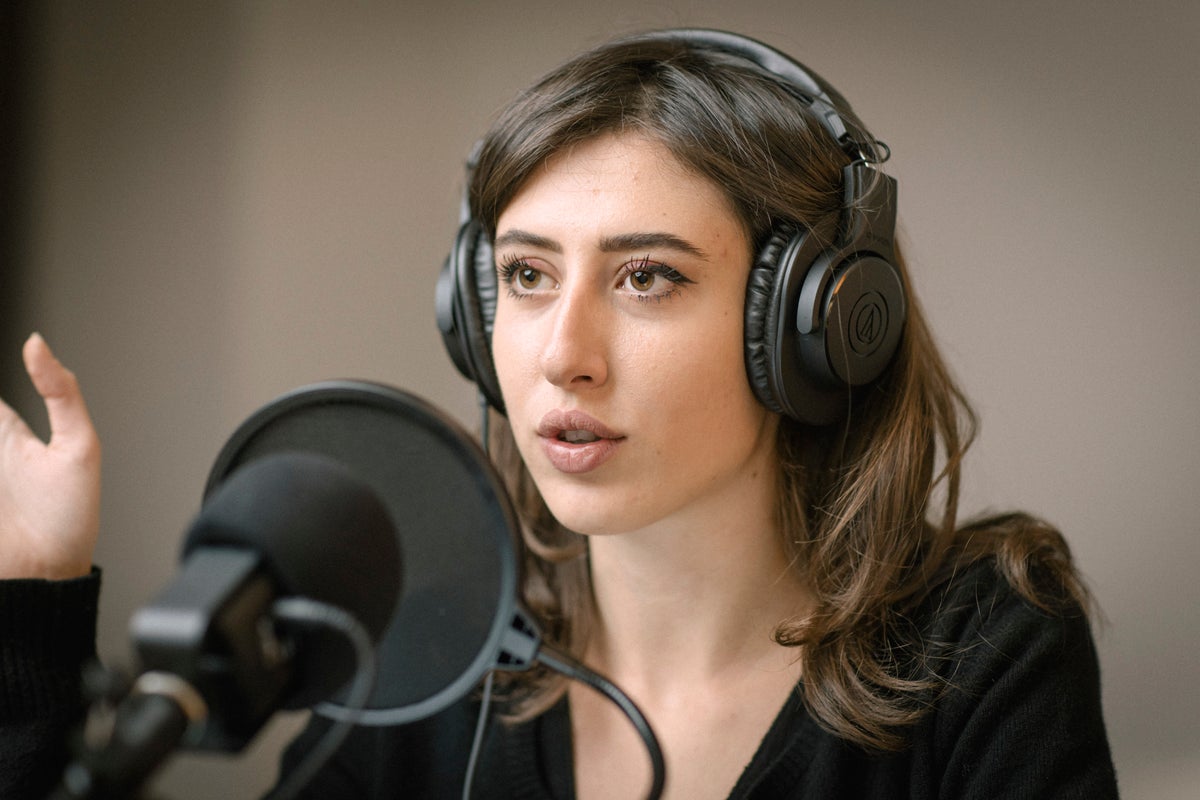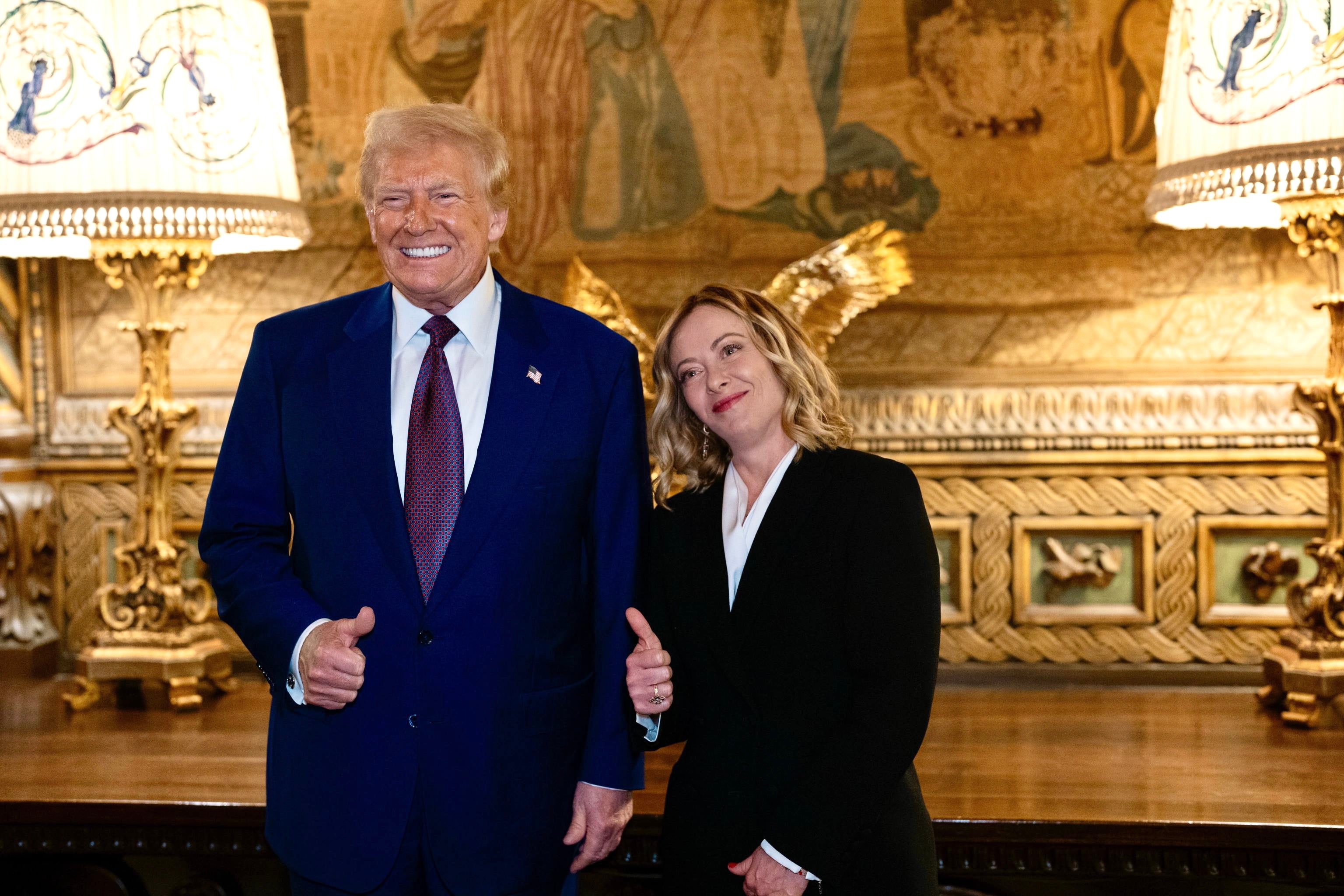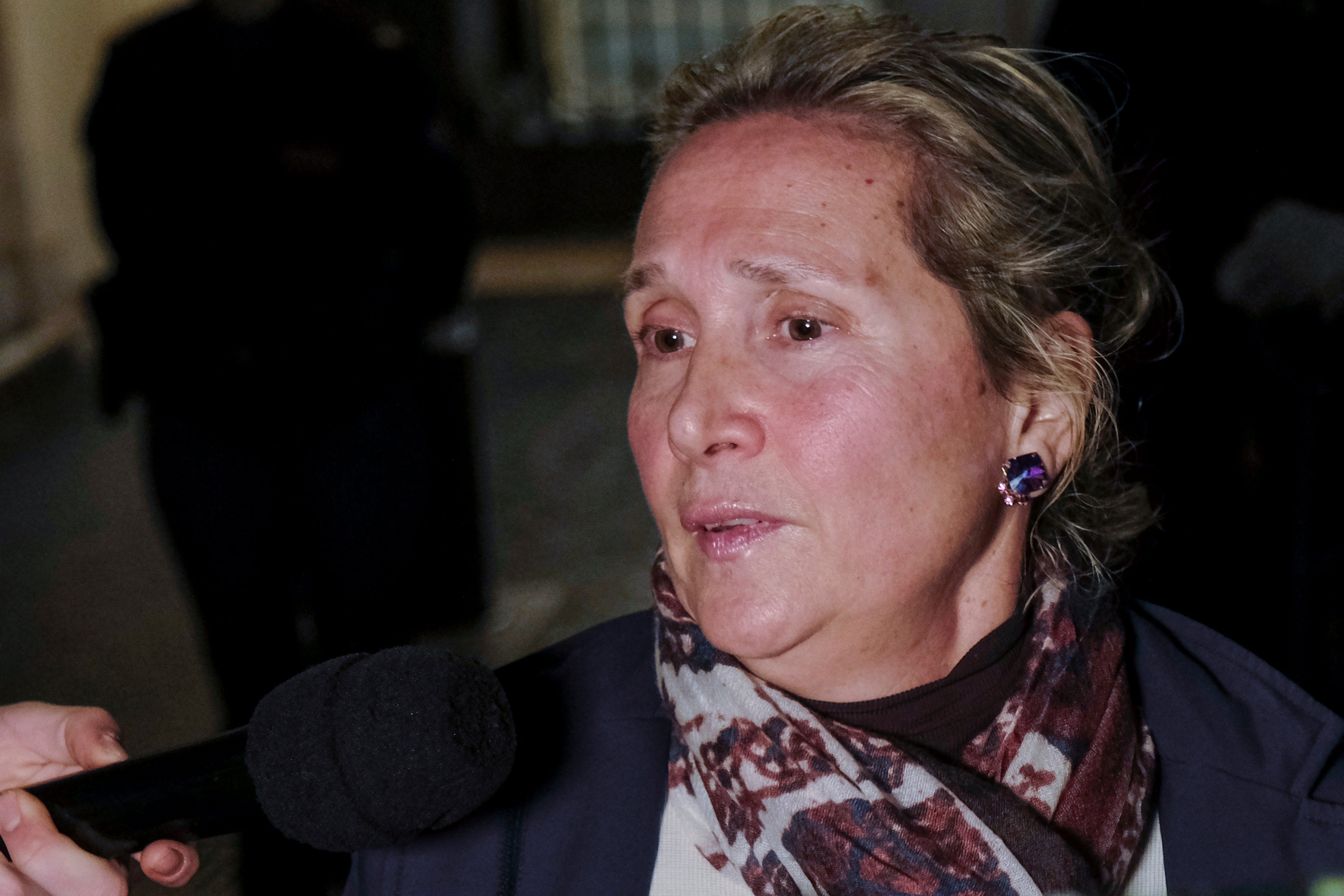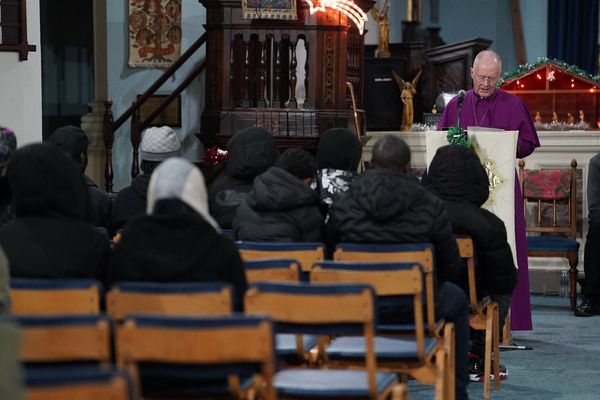
An Italian journalist detained in Iran has been freed and is heading back to Italy, prime minister Giorgia Meloni has announced.
A plane carrying Cecilia Sala, 29, took off from Tehran after “intensive work on diplomatic and intelligence channels”, a statement said.
Ms Sala, a reporter for Il Foglio, was detained in Tehran three days after she arrived on a journalist visa on 19 December 2024.
She was arrested three days after Iranian businessman Mohammad Abedini was arrested in Milan on a US warrant for related to the alleged supply of drone parts for an attack that killed US personnel in Jordan.
“I want to express my gratitude to everyone who helped make Cecilia’s return possible,” Ms Meloni said on X, formerly Twitter.

The Italian outlet Chora Media, where Ms Sala also works, said that she had left Rome on “with a valid journalistic visa and the protections of a journalist on assignment”.
“She conducted several interviews and produced three episodes of the Stories podcast for Chora News,” the media outlet said in late December.
The Italian prime minister is expected to greet Ms Sala in person when she lands in Rome later on Wednesday.
An Italian newspaper reported that incoming US president Donald Trump had blessed a deal to secure Ms Sala’s release, so long as it happened before his 20 January inauguration. Meloni’s office did not comment on the report.
It came after Mr Meloni made a surprise trip to Florida last weekend to meet with Mr Trump at his Mar-a-Lago estate.
Ms Sala's fate became intertwined with that of Mr Abedini as each country's foreign ministries summoned the other's ambassador to demand the prisoners' release and decent detention conditions. The diplomatic tangle was particularly complicated for Italy, which is a historic ally of Washington but maintains traditionally good relations with Tehran.
Iranian foreign ministry spokesperson Esmaeil Baghaei said on Sunday that Mr Abedini’s detention amounted to hostage-taking. On Monday, Iran then denied there was a link between the two cases, claiming that Ms Sala had been arrested for “violating the law of the Islamic republic” during her reporting trip.

Members of Ms Meloni's cabinet took personal interest in the case given the geopolitical implications. Foreign Minister Antonio Tanaji and Defense Minister Guido Crosetto hailed the diplomatic teamwork involved to secure Mr Sala's release, which amounted to a significant victory for the Italian prime minister.
In recent years, Iran’s security forces have arrested dozens of foreigners and dual nationals, mostly on charges related to espionage and security.
Rights groups have accused Iran of trying to extract concessions from other countries through such arrests. Iran denies this.
Since the 1979 US Embassy crisis, which saw dozens of hostages released after 444 days in captivity, Iran has used prisoners with Western ties as bargaining chips in negotiations with the world.
In September 2023, five Americans detained for years in Iran were freed in exchange for five Iranians in US custody and for $6 billion (£4.8bn) in frozen Iranian assets to be released by South Korea.
Western journalists have been held in the past as well. Roxana Saberi, an American journalist, was detained by Iran in 2009 for some 100 days before being released.
Also detained by Iran was Washington Post journalist Jason Rezaian, who was held for over 540 days before being released in 2016 in a prisoner swap between Iran and the US.
Both cases involved Iran making false espionage accusations in closed-door hearings.
Associated Press contributed to this report







